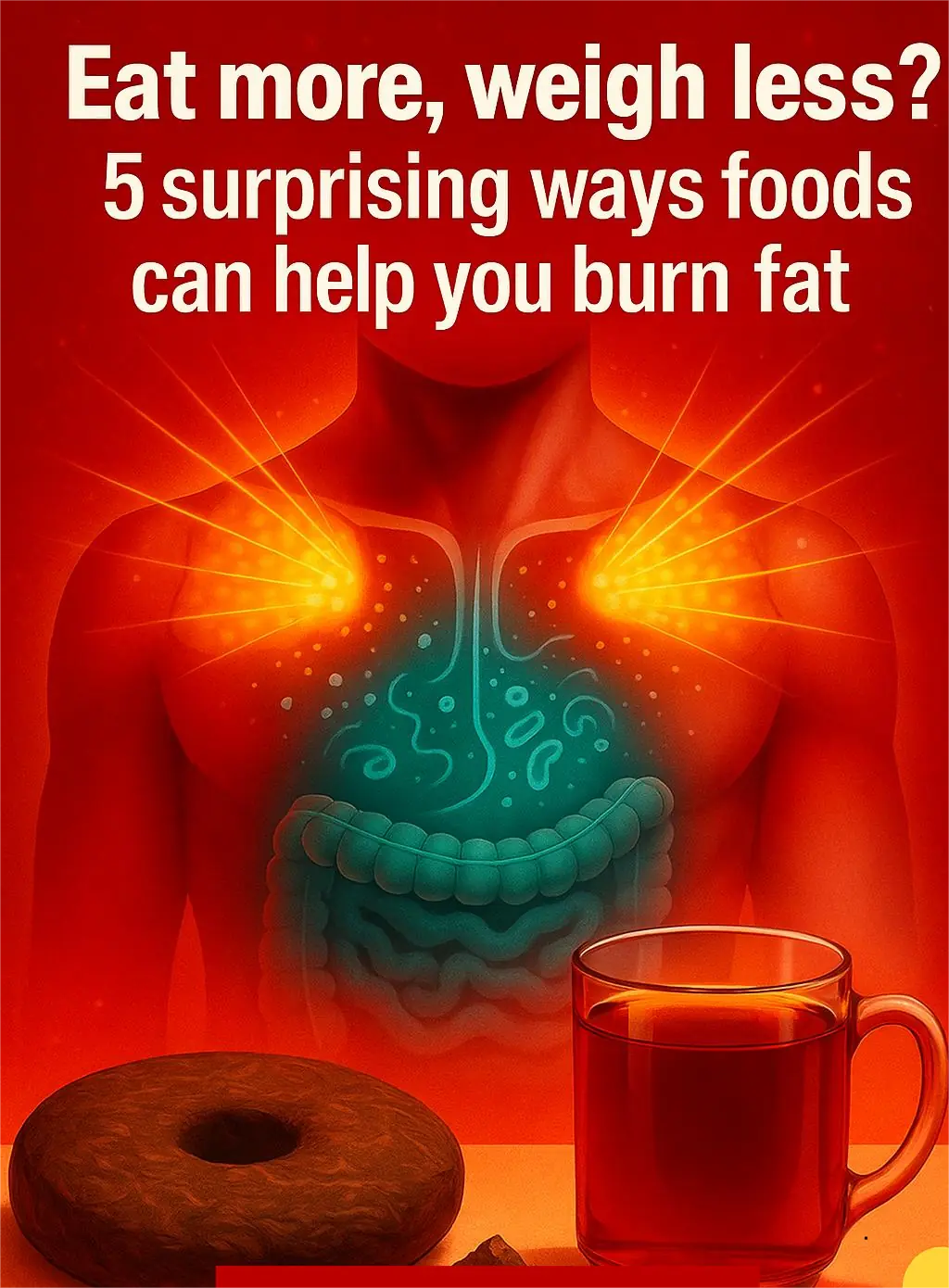
Major Signs You Are Magnesium Deficient (and What To Do About It!)

In today’s modern diet, many Americans are not getting enough magnesium from the foods they consume. Like other essential vitamins and minerals, a deficiency in magnesium can lead to a variety of health problems and symptoms over time.
Magnesium plays a crucial role in brain biochemistry, heart and muscle function, calcium absorption, and many metabolic processes in the body. It is also vital for maintaining healthy nerve function, supporting the immune system, and regulating blood sugar levels.
Once a deficiency occurs, simply meeting the daily recommended intake may not be enough—you often need significantly more magnesium to restore proper levels. Deficiencies do not correct themselves automatically, and prolonged shortages can lead to more severe health issues.
Here are four key symptoms and health conditions that may indicate you are not getting enough magnesium:
1. Hearing Loss and Tinnitus (Ringing in the Ears)
A study conducted on 90 guinea pigs exposed to loud noise revealed that magnesium helps inhibit free radical formation in the cochlea, which is associated with hearing damage. This suggests that magnesium could play a protective role for individuals exposed to loud environments, such as airport workers, concert staff, or those operating heavy machinery.
In addition to hearing loss, tinnitus—persistent ringing in the ears—can also be a sign of magnesium deficiency. Living with constant ringing can significantly impact quality of life and mental well-being.
Research from the Mayo Clinic in Arizona found that a daily magnesium supplement of 532 mg over three months significantly reduced the severity of tinnitus in 26 patients. This highlights the potential benefit of magnesium for hearing-related issues.
2. Depression and Mood Disorders
Magnesium deficiency is closely linked to mood disorders, including depression. Historically, physicians over a century ago treated depression using magnesium sulfate, demonstrating its longstanding importance for mental health.
A study conducted at a psychiatric hospital in Croatia examined magnesium levels in 79 patients who had attempted suicide and 101 patients with depression who had not. The results showed that those who attempted suicide had significantly lower magnesium levels, emphasizing its role in emotional regulation and brain health.
Ensuring adequate magnesium intake can support mental stability, help reduce stress, and potentially improve symptoms of depression. Foods rich in magnesium include leafy green vegetables, nuts, seeds, and whole grains.
3. Heart Arrhythmias
Magnesium deficiency is strongly associated with heart arrhythmias, according to doctors at the Henry Low Heart Center at Hartford Hospital, Connecticut. Many patients with irregular heartbeats have low intracellular magnesium levels.
Magnesium is often used therapeutically to help stabilize heart rhythm because it supports proper electrical conduction in the heart. Without sufficient magnesium, the risk of irregular heartbeats, palpitations, and more serious cardiac conditions increases. Maintaining adequate magnesium levels is essential for heart health, especially for those with pre-existing cardiovascular concerns.
4. Kidney Stones
Contrary to popular belief, kidney stones are not primarily caused by excessive calcium intake—they are often the result of magnesium deficiency. Magnesium acts as a natural inhibitor of kidney stone formation by preventing calcium and oxalate from binding together.
However, sufficient magnesium must be present in the body to provide this protective effect. Individuals who have experienced kidney stones should prioritize magnesium-rich foods, such as dark leafy greens, nuts, seeds, and legumes, or consider supplementation under a healthcare provider’s guidance.
Recommended Daily Magnesium Intake
| Age | Male | Female | Pregnancy | Lactation |
|---|---|---|---|---|
| Birth to 6 months | 30 mg* | 30 mg* | - | - |
| 7–12 months | 75 mg* | 75 mg* | - | - |
| 1–3 years | 80 mg | 80 mg | - | - |
| 4–8 years | 130 mg | 130 mg | - | - |
| 9–13 years | 240 mg | 240 mg | - | - |
| 14–18 years | 410 mg | 360 mg | 400 mg | 360 mg |
| 19–30 years | 400 mg | 310 mg | 350 mg | 310 mg |
| 31–50 years | 420 mg | 320 mg | 360 mg | 320 mg |
| 51+ years | 420 mg | 320 mg | - | - |
*Adequate Intake (AI)
Source: National Institutes of Health
If you notice any of these symptoms or have these health conditions, it is important to consult your healthcare provider. Magnesium supplementation or dietary adjustments may provide significant health benefits and help prevent further complications.
Magnesium is often overlooked, but its impact on overall health—from mental well-being to heart and kidney function—is profound. Ensuring you consume enough magnesium daily can be a simple yet powerful step toward a healthier life.
News in the same category

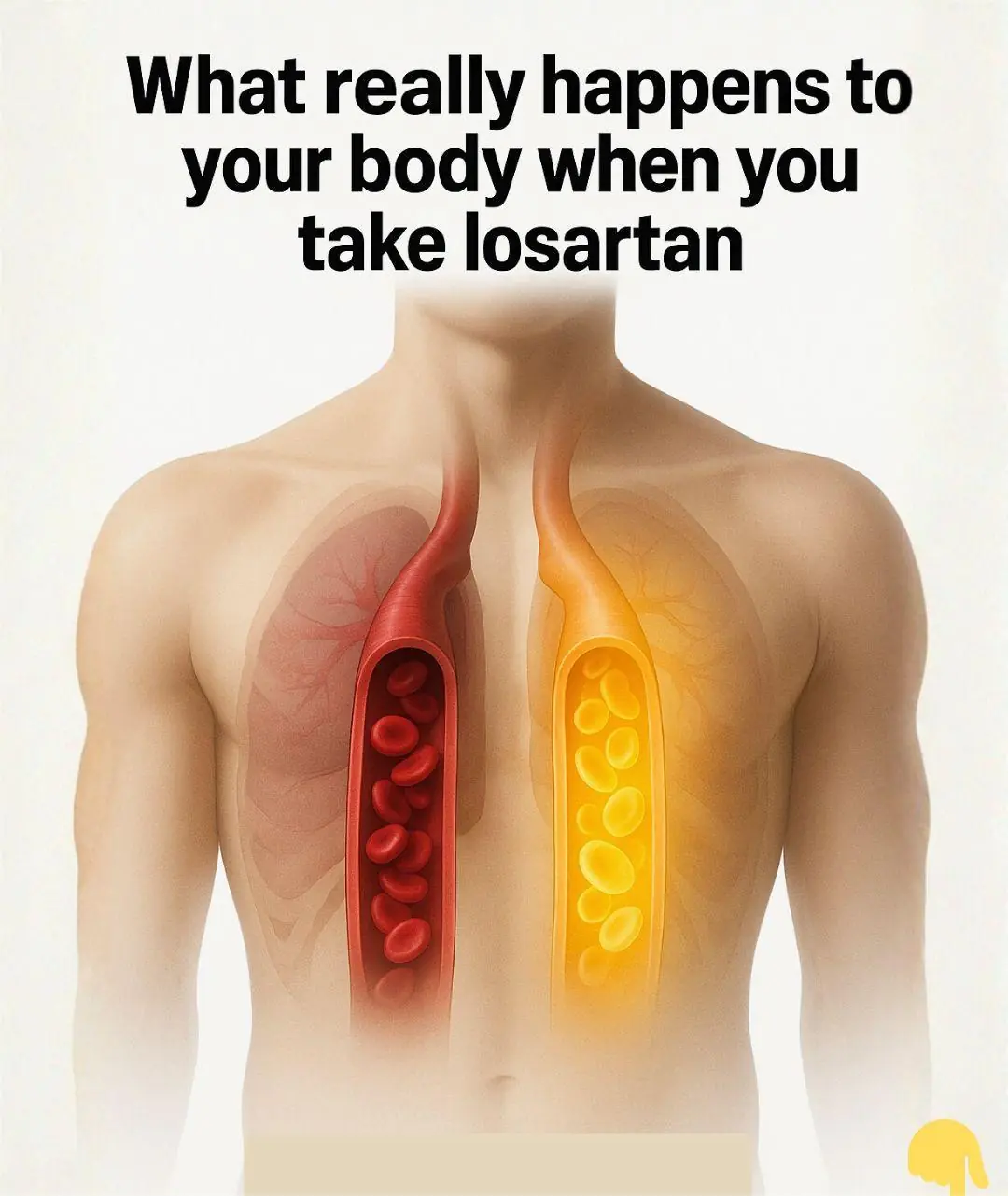
What really happens to your body when you take LOSARTAN

Stop Eating Eggs Immediately If Your Body Shows These 8 Signs

Sarcopenia: Causes of Muscle Loss and How to Regain Strength

Yarrow: A Timeless Herbal Ally with Amazing Health Benefits

How To Use a Frozen Lemon To Fight Malignant Tumors in The Body
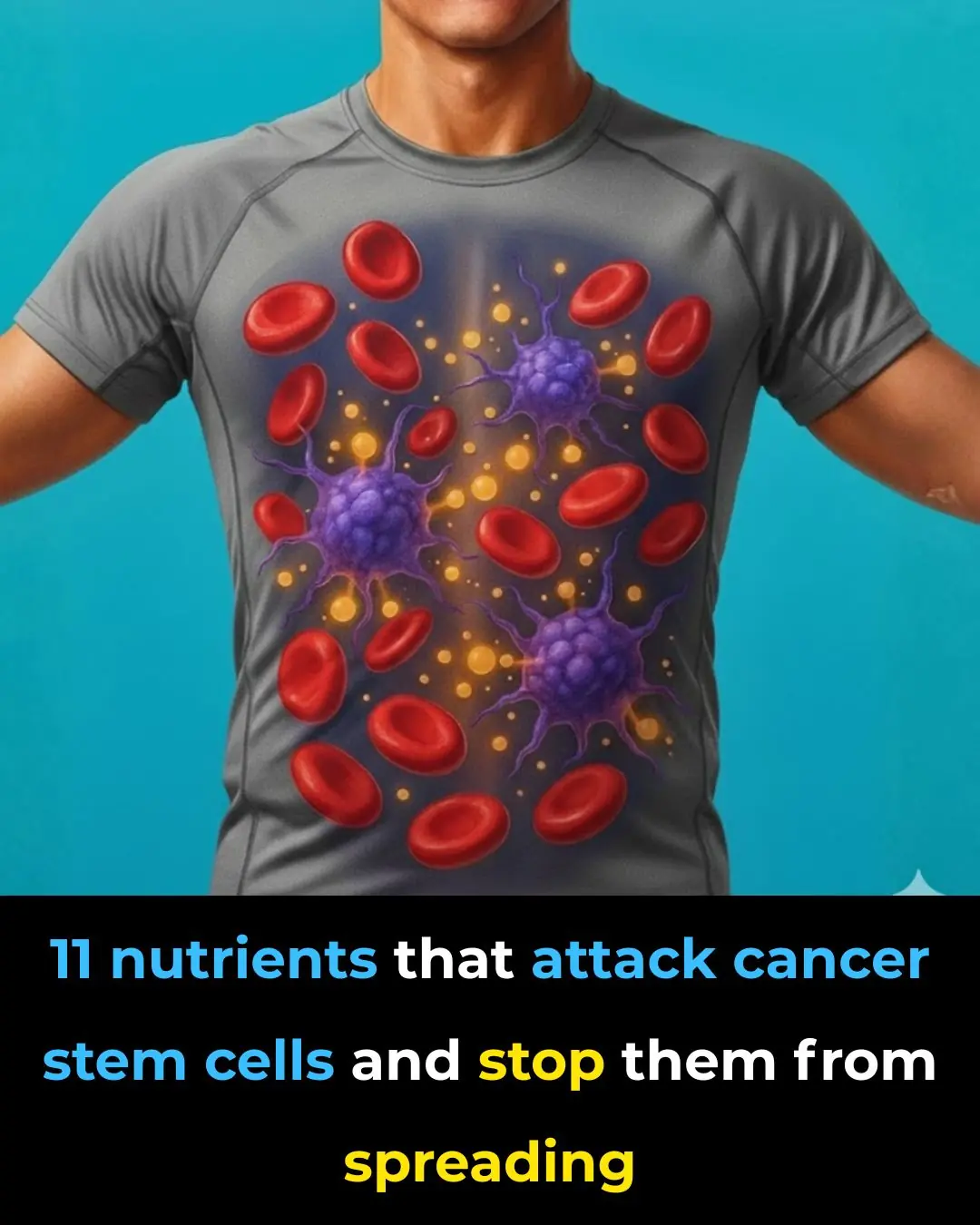
Top 11 Nutrients To Destroy Cancer Stem Cells

Cocoa flavanols may protect blood vessels even when you sit for hours

30 Anti-inflammatory Foods That Block Inflammation & Joint Pain (backed by science)

2 Signs of Kidney Failure: If Your Morning Urine Shows This Sign, See a Doctor Immediately
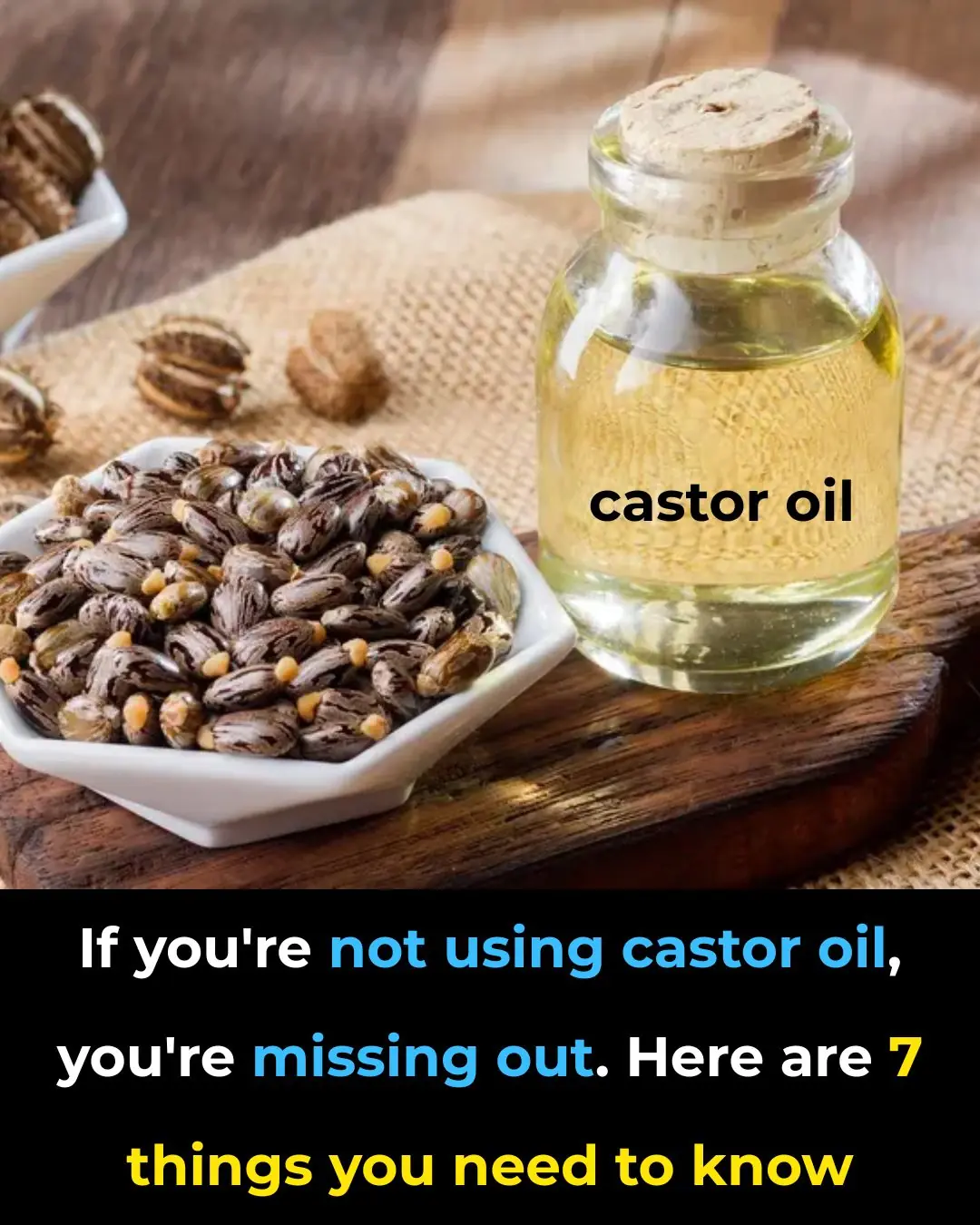
If You’re Not Using Castor Oil You’re Missing Out
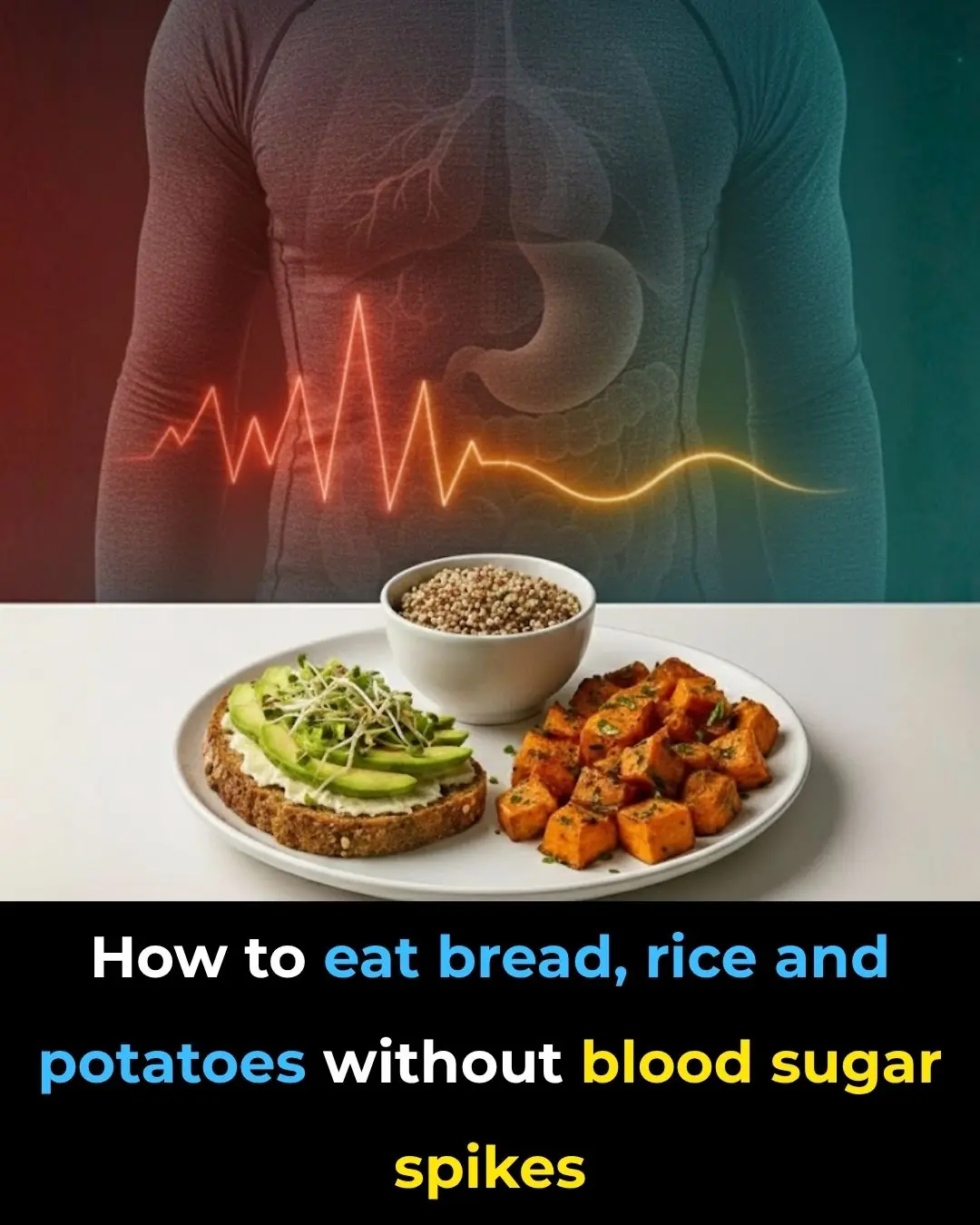
How to eat bread, rice, and potatoes without blood sugar spikes

Silent heart attack — the pain no one recognizes in time

The HIDDEN cause of neck and shoulder pain nobody talks about

Health officials issue warning over ‘very contagious’ disease spreading across US state

🫁 1 Cup to Cleanse Your Lungs of Phlegm and Toxins Naturally

🧠 Nerve Damage? The 6 Best Essential Oils to Help Repair and Soothe Your Nerves

🦷 The #1 Best Remedy for Dental Plaque and Tartar Buildup (Dentist-Approved Home Method)

10 Proven Ways to Lower Uric Acid Naturally (Backed by Science)
News Post

Eat more, weigh less? 5 surprising ways foods can help you burn fat

What really happens to your body when you take LOSARTAN

Stop Eating Eggs Immediately If Your Body Shows These 8 Signs

Sarcopenia: Causes of Muscle Loss and How to Regain Strength

Yarrow: A Timeless Herbal Ally with Amazing Health Benefits

The Heartbeat of Compassion: The Unlikely Hero Who Saved a Hippo's Life

Zoo in Thailand Shut Down After Bears in Giant Hamster Balls Turn on Guests

A Pitcher’s Second Chance: How a High School Classmate Stepped Up to Save Steven Register’s Life

Rooting for Will: A Tuesday of Joy Before a Wednesday of Courage

Two Hearts That Needed Each Other.

The Mother Who Delivered More Than Food.

The Boy Who Paid for a Stranger’s Meal When No One Was Watching.

How To Use a Frozen Lemon To Fight Malignant Tumors in The Body

Can I Eat Without Hiding Now?

He Thought It Was Just Another Shift — Until a Life Was Placed in His Hands.

How to make fragrant and nutritious passion fruit peel jam

The refrigerator gasket is moldy, use this to clean it, it will be clean in just 5 minutes

How to make spicy and sour pickled cabbage to eat during Tet

Winter drink lemon honey ginger water, body 5 special benefits
